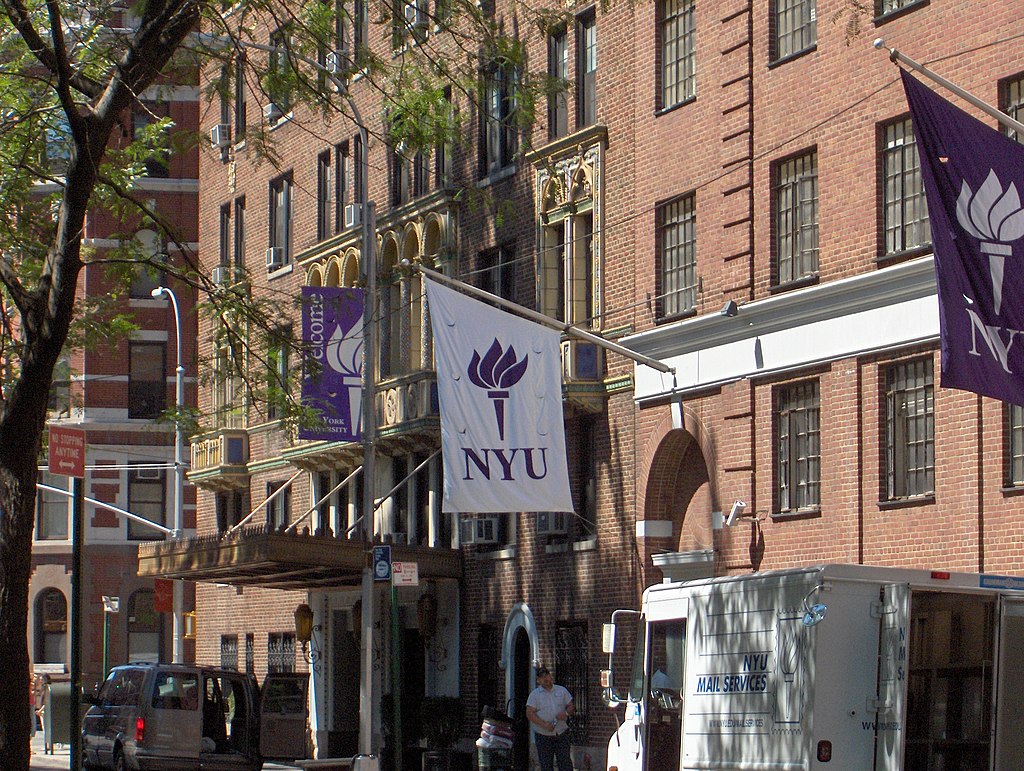Columbia University and New York University may soon be required to pay hundreds of millions of dollars in property taxes, as state legislators seek to rescind the two private academic institutions’ long-standing property tax exemption.
The measure, which will be introduced in the state Legislature on Tuesday, would require the two colleges to divert property taxes to the City University of New York, the Big Apple’s public university system. It comes months after a New York Times and Hechinger Report investigation found that Columbia and NYU – which are among the city’s greatest private landowners – saved $327 million on property taxes this year.
“This bill seeks to address universities that have so blatantly gone beyond primarily operating as institutions of higher education and are instead acting as landlords and developers,” said Assemblyman Zohran Mamdani, the Queens Democrat introducing the bill in the Assembly. John Liu, another Queens Democrat, is introducing the bill in the State Senate.
If the new law is approved, it will specifically target Columbia and NYU, sparing other nearby colleges that also benefit from property tax exemptions. The bill would establish a real estate tax exemption threshold of $100 million for other institutions and NGOs.
Proceeds will be donated to CUNY, which is experiencing severe budget cuts as the city grapples with the financial repercussions of the ongoing migrant crisis. NYC Mayor Eric Adams’ administration is lowering the budget for a slew of key public services, including schools and colleges. The state currently funds the majority of the university’s $4.3 billion budget. According to a statement last month from the Professional Staff Congress, the union that represents 30,000 teachers and staff at the City University of New York and the CUNY Research Foundation, the 5% mid-year cut will “take a hatchet to the CUNY budget.”
Columbia’s and NYU’s spokespeople underlined the colleges’ contributions to the neighboring community, calling it is “misguided and unfair” for legislation to target only the two institutions when other prominent private colleges, such as Cornell, are unaffected.
Property tax exemptions are available in all 50 states for some private, nonprofit groups, which advocates claim are critical so that these organizations can deliver social, economic, and cultural benefits to their communities. However, officials in certain towns have put pressure on private institutions to make voluntary payments known as payments in lieu of taxes or equivalent annual gifts.
Even if lawmakers pass the tax repeals in consecutive legislative sessions, the measures will still need to be approved by a statewide referendum.












